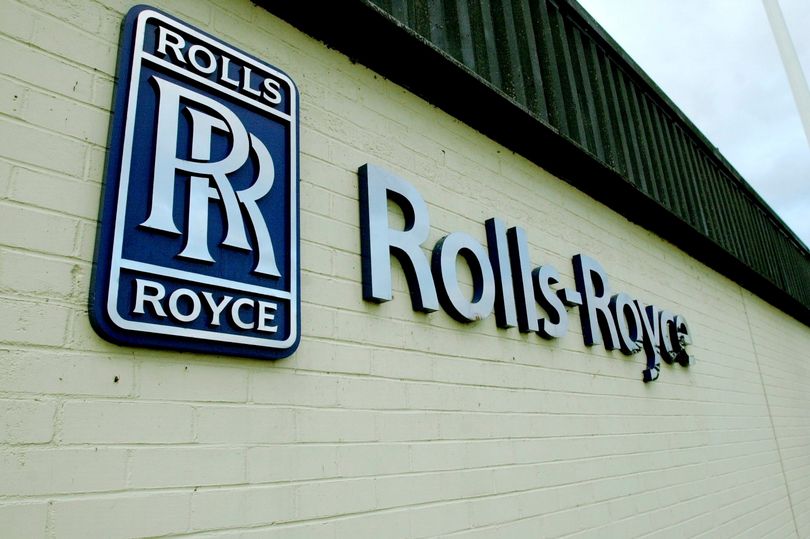The MOD’s 2023 Major Projects data suggests there is a serious risk that the reactor core production project at Rolls-Royce in Derby could cause delays in the new Dreadnought submarine programme.
The Core Production Capability (CPC) project at Rolls-Royce Raynesway is building two facilities that will produce reactor cores and fuel for the PWR3 reactors of the Dreadnought class. The CPC has been rated Red in 2022 and 2023 by the Infrastructure and Projects Authority (IPA), meaning “Successful delivery of the project appears to be unachievable”. The rating is due to the, “[s]ignificant and ongoing challenges associated with achieving the required core delivery date for Dreadnought.”
In 2013 the CPC was scheduled to cost £1.2bn and be completed by March 2023. It is now expected to cost £3.8bn and the approved end date is April 2030. The project has struggled throughout its life, being rated Amber in 2015 and 2016, and Red in 2017 and 2018. After its budget and schedule were changed, it was rated Amber again in between 2019 and 2021. An Amber rating means that the project currently appears feasible, but “significant issues already exist, requiring management attention”.
The government has not published an end date for the Dreadnought programme in the Major Projects data releases, but claims the project is on track for HMS Dreadnought to come into service in the ‘early 2030s’. However, phase two of the Dreadnought project was delayed from April 2018 to July 2018 and phase three was delayed from March 2021 to March 2022, and then to May 2022. The end date of the Astute submarine programme, which will directly impact the Dreadnought schedule, has been redacted since 2020.
Any delay to the in-service date for HMS Dreadnought, which will be the first submarine of the Dreadnought class, will have implications for the current Vanguard submarine fleet, which will be expected to maintain continuous deployment at sea until its replacements are available. Recent revelations that Vanguard submarines are now being sent out on extended five month long patrols suggest that the Navy is currently struggling to keep a full compliment of three of the four submarines available for patrol.
Part of the explanation for the CPC’s Red rating refers to the importance of the core delivery dates “to sustaining the Continuous at Sea Deterrent”. According to the IPA’s definition the Red rating means that “[t]here are major issues with project definition, schedule, budget, quality and/or benefits delivery, which…do not appear to be manageable or resolvable.”
Up to 2019 the MOD projects data maintained that the CPC was “on track to meet Required in Yard dates”, meaning that cores would be sent to Barrow by the time they were required for the submarine build schedule. Since then, no such assurance has appeared in the data.
The CPC is split into two phases. Phase 1 involves the construction of a reactor core manufacturing facility. In January 2020 a National Audit Office Report said the expected in-service date for this facility was December of that year. Phase 2 involves construction of a nuclear fuel facility. If production of the Dreadnought submarines follow a similar process to the Astute class, loading fuel into the reactor will be carried out at the end of the construction process, when the submarines have completed initial trials in the dock basin at Barrow.
The Infrastructure and Projects Authority is an internal government agency that collates an annual report on the most costly projects across government. Supplementary data is released by each government department at the time of publication. The MOD accounts for both the largest number of projects amongst all government departments, and the largest share of projects by value. The data in the 2023 major projects data release was compiled in March 2023.
The 2022 MOD data contained a substantial number of redactions relating to projects in its nuclear programme. Following a Freedom of Information request from Nuclear Information Service some of the missing information has been restored in the 2023 data release.
